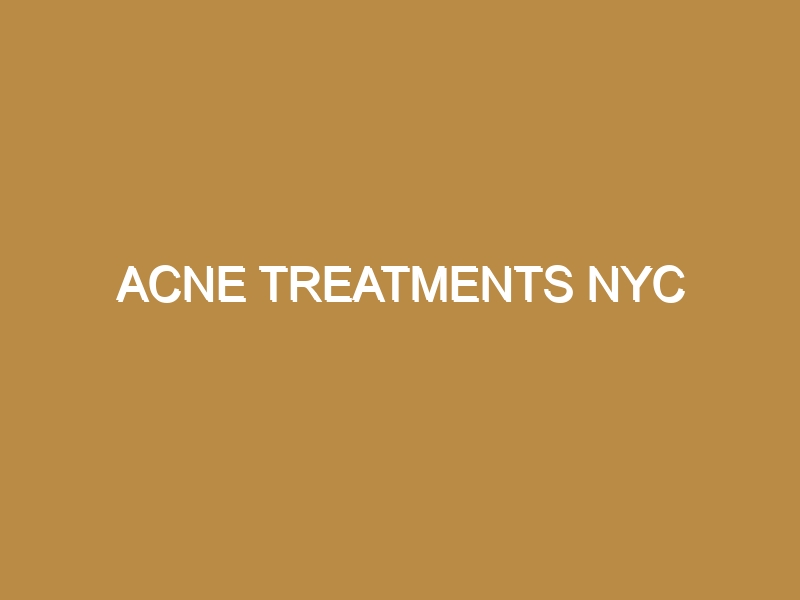Dermatologists share why people develop cystic acne and break out around their chin and jawline after they stop taking birth control pills. They also offer tips for adjusting your skin-care routine to help prevent and treat pimples. To revi.
Acne Treatments Antibiotics Acne Islamic Treatment Acne Laser Treatment This medication is used to treat mild to moderate acne. It may be used in combination with other acne treatments. When applied to the skin, benzoyl peroxide. 9 Best Acne Treatments – Product Name Popularity Score Quality Score Sentiment Score Sales Volume; 1: Acnestar gel – anti acne treatments(pack
While acne isn't exactly harmful, it can impact your self-esteem. If you've tried several treatments that don't seem to work, these home remedies can help.
Well, just like other cases of acne, it really varies from person to person. But, post pill acne typically peaks around 3-6 months after ditching the birth.
Feb 1, 2022.
When does acne return after stopping the pill?.
It can take a couple of months for your skin to be affected by it, but for me, it only took.
Follow these tips to avoid acne and breakouts after going off birth control, as it could cause your hormones to go haywire. Going off birth control can be a major change—for your skin. Quitting hormonal contraceptives can lead to pimples, s.
Birth Control Shot vs. Birth Control Pills: Which Is Better? – Both the birth control.
means 6 out of 100 people getting the shot will get pregnant each year. It can take around 10 months on average for people to become pregnant after stopping the shot.
Debunking adult acne myths – Also, many women experience intense breakouts in the months after they stop taking the pill. Birth control pills come with a wide range of side effects as well. While they may help some acne prone.
Isotretinoin, commonly known as Accutane, is often recommended for treatment of severe acne, cystic acne, or recalcitrant acne, which has not responded to any other treatment including oral antibiotics and retinoids. The most common side effect associated with this oral vitamin A derivative is dry skin, lips, and eyes.
There are three general options for treating acne: Topical medications Topical medications are the standard of care for mild and moderate acne and can prevent new lesions. They require at least six to eight weeks before any improvement is seen. Topical treatments include retinoids, antimicrobials, sulfur, or dapsone.



